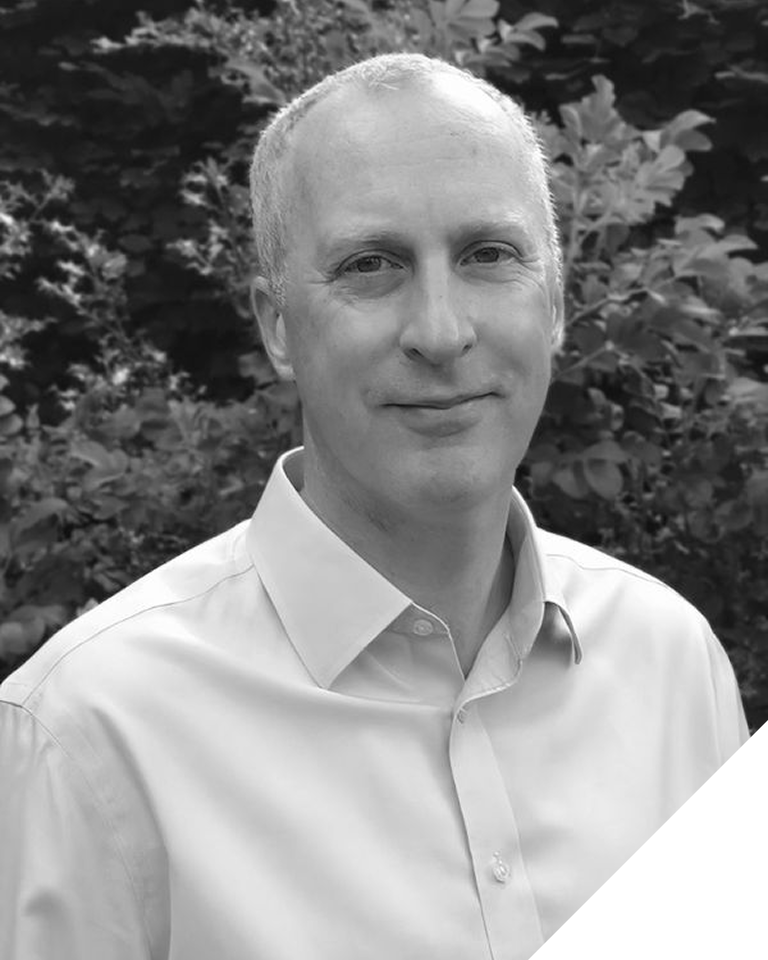Market Implications Of The Engine No. 1 Victory Over Exxon And Shell’s GHG Court Case Loss
At the Exxon shareholder meeting yesterday, activist hedge fund Engine No. 1 rallied sufficient support from Exxon investors such as BlackRock and the New York State Common Retirement Fund to get two of its Board member candidates elected with a third hanging in the balance. The activist hedge fund had a shareholding of just $50 million in Exxon but was the tip of the spear for a wide range of institutional investors who were disgruntled with Exxon’s weak financial performance over recent years – including a $20 billion loss in 2020 – and with the firm’s slow walk on climate change and an unconvincing energy transition plan.
Meanwhile across the pond in the Netherlands, another oil and gas super-major, Shell, lost a court case brought against the firm by Friends of the Earth as well as a coterie of other NGOs. The Dutch court ruled that by 2030, Shell must cut its absolute (not intensity-based) GHG emissions in the Netherlands by 45% compared to 2019 levels. The judgment was based on the Dutch government’s policy commitments in the 2016 Paris Accord. Whilst Shell will appeal the ruling more court cases are looming for large emitters.
These two events add impetus to the shift from passive sustainability to active sustainability strategies outlined in the Verdantix analysis of the impact of financial markets’ obsession with ESG performance. CEOs need to reset their understanding of asset owner, asset manager and lender mindsets. Exxon has found out that it can’t have a passive climate change strategy when BlackRock owns 6.7% of the shares and the CEO, Larry Fink published an annual letter to CEOs telling them that BlackRock would push portfolio companies to improve their handling of climate change risk. Exxon reportedly spent more than $30 million on a PR campaign to stymie the Engine No. 1 strategy. That strategy clearly failed. Shell has discovered that it is too big a target for climate activists to succeed with a slow-moving energy transition plan focused on GHG intensity not absolute cuts.
Only the most blinkered CEOs will now think they can satisfy investors with a ‘passive’ approach to climate change and ESG issues. Those waiting for the SEC to opine on what “material information” they should disclose to investors will find that regulation is already several years behind asset owner and asset manager mindsets. Funds without a genuine ESG flavour are expected to see net outflows. MSCI’s ESG & Climate index and research revenue run rate hit $224 million in 2020 and is on a 25% to 30% CAGR. The market is being driven by Wall Street bonuses not ethical views. CEOs running firms with significant shareholder value at risk – all those aligned with fossil fuel vale chains – will be picking up the phone to speak with climate change and ESG strategy advisers at firms like Deloitte, ERM, EY, McKinsey and Willis Towers Watson. Operationalizing these strategies will result in a boom in spending on ESG data management, GHG IT systems and sustainability software from 2022.
About The Author

David Metcalfe
CEO and Co-Founder





